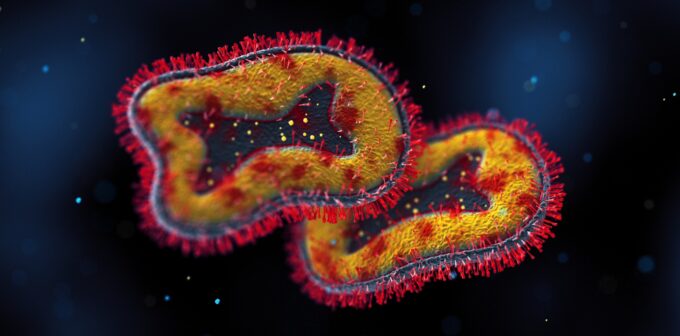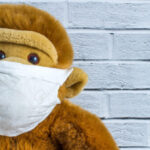The live-attenuated smallpox vaccine is the only option in Australia, but cannot be given to HIV-positive or immunocompromised people.
Patients are unsure how to protect themselves from monkeypox as cases of monkeypox rise in Australia but access to the only available vaccine remains limited.
There are 28 confirmed cases of monkeypox in Australia, including 17 in NSW, 7 in Victoria, two in the ACT, one in Queensland and one in South Australia.
Sydney GP Dr Brad McKay said that patients want access to vaccination to protect themselves, but access was difficult.
“People are being offered the vaccine as close contacts, but there’s a lot of paperwork and it takes around 24 hours’ turnaround to get it authorised.
“There are plenty of patients who are travelling overseas and they’re wondering whether they can get a vaccination before they go overseas.
“Patients are asking for protection, but the government doesn’t really have anything on the horizon. We’re expecting an exponential rise in cases. It’s not just imported cases, but it’s being spread within Australia, and we have no treatment options for the virus.”
The only monkeypox vaccine available in Australia is ACAM2000, a live-attenuated smallpox vaccine that is also about 80% effective against monkeypox.
According to the Department of Health and Aged Care, the vaccine is suitable for pre-exposure prophylaxis or post-exposure prophylaxis in individuals at high risk of exposure to the monkeypox virus or severe outcomes. According to ATAGI, if it is given after exposure, it should be given within four days to have the highest chance of preventing the disease.
However, because the virus is live, no one who is severely immunocompromised or HIV-positive can use this vaccine.
Common side effects of ACAM2000 are headache, muscle ache, fatigue, injection site itch and redness. It’s also been associated with a risk of myopericarditis in young adults and in men.
The third-generation non-replicating modified vaccinia Ankara (MVA) virus vaccine is safe for people who are immunocompromised, and is registered for use in countries including the US, UK and Canada, but is not registered in Australia.
“We don’t really know what the situation is as far as vaccinations are concerned,” Dr McKay said. “We might get a third-generation vaccine in six months’ time, but by that time cases could blow out quite considerably.
“There are a lot of people who are high-risk who want to protect themselves against monkeypox but who have got no way of doing that.”
GPs must contact their local public health unit or health department if they see a patient with suspected monkeypox.
NSW Health’s executive director of Health Protection Dr Jeremy McAnulty said people needed to be on alert for monkeypox symptoms, especially men who have sex with men.
Symptoms include fever, headache, body aches and a rash or lesions on the genital area, he said.
According to NSW Health, the virus is mostly spread through skin-to-skin contact with lesions, or close contact with respiratory droplets from someone in the early stage of infection.
Monkeypox is endemic in West and Centra Africa, but the disease was identified for the first time in Australia in May this year, as well as the US and several European countries.
Most cases were acquired overseas, but local transmission has occurred in NSW, according to NSW Health.



